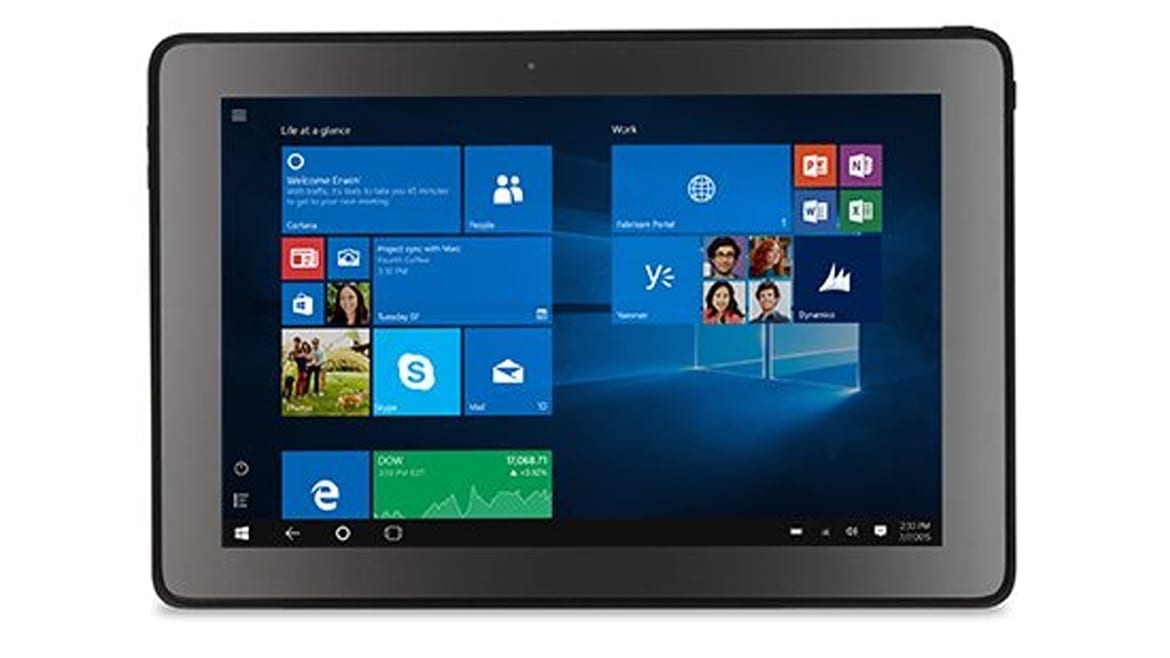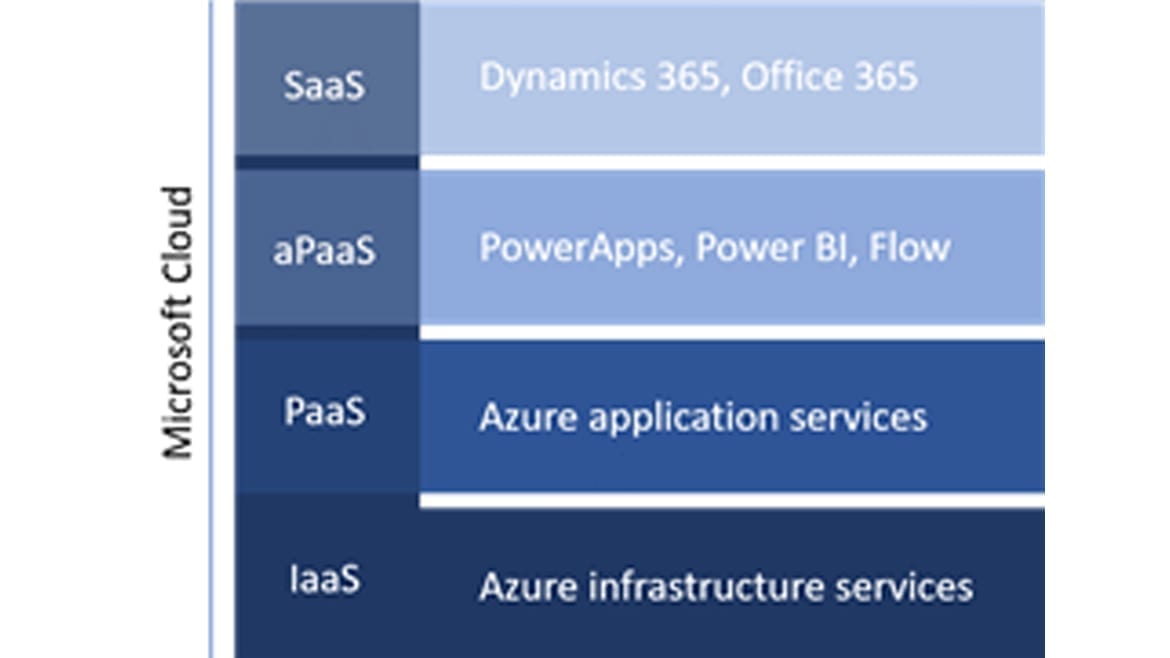Azure vs Amazon Web Services
Sources: stackify.com, azure.microsoft.com, aws.amazon.com
Microsoft Azure and Amazon Web Services go head-to-head, but which one is really the best on top? Whether you are planning a multicloud solution with Azure and AWS, or migrating to Azure, you can compare the IT capabilities of Azure and AWS services in all categories. As the leading public cloud platforms, Azure and AWS each offer businesses a broad and deep set of capabilities with global coverage. Yet many organizations choose to use both platforms together for greater choice and flexibility, as well as to spread their risk and dependencies with a multicloud approach. Consulting companies and software vendors might also build on and use both Azure and AWS, as these platforms represent most of the cloud market demand.
Essential Features
Azure
- Data management and databases
- Compute
- Networking
- Performance
Security and management tools include Active Directory Federation Services, Azure Active Directory, Multi-Factor Auth, among others, as well as a range of integrations for Azure monitoring and performance tweaks.
AWS
- Content delivery and storage
- Compute
- Networking
- Database
No matter which IaaS offering you get, you will be using Amazon’s identity and security services such as AWS CloudHSM’s key storage service and Amazon’s own Active Directory. Not only that, but AWS offerings also have a range of management tools that users can use, including AWS Config, AWS Cloudtrail, and Cloudwatch.
Deploying Apps & PaaS
Azure
Azure has multiple app deployment options for developers. Including App Services, Cloud Services, Service Fabric, Container Service, Functions, Batch, WebJobs and more. No matter what type of application you are developing, Microsoft has great tools in place to help deploy and scale it.
AWS
AWS offers similar solutions with Container Service, Elastic Beanstalk, Lambda, and Batch. AWS does not have as many options or features on the app hosting side. Microsoft has flexed their knowledge of developer tools to have a little bit of an advantage for hosting cloud apps.
Hybrid Cloud
Amazon
Hybrid clouds are easier with Azure, partly because Microsoft has foreseen the need for hybrid clouds early on. Azure offers substantial support for hybrid clouds, where you can use your onsite servers to run your applications on the Azure Stack. You can even set your compute resources to tap cloud-based resources when necessary. This makes moving to the cloud seamless. Aside from that, several Azure offerings help you maintain and manage hybrid clouds such as Azure Stack, Hybrid SQL Server, and Azure StorSimple. Microsoft’s long history of working on enterprise IT gives them an upper hand when it comes to the hybrid cloud.
AWS
While Amazon realizes that it needs to strengthen its offerings to support hybrid clouds, it is still catching up, with more investments earmarked for hybrid clouds, according to Brian Olsavsky, Amazon’s chief financial officer. Still, the retail giant currently has a handful of solutions that is geared for companies who wants hybrid cloud deployments such as Storage Gateway, Direct Connect, and DynamoDB Local.
Government Cloud
Azure
Harness the power of government cloud computing, so you can focus on advancing your mission. Designed only for US federal, state, local, and tribal agencies and their partners, Azure Government offers:
- Strict validation program to determine eligibility before organizations can move their workloads
- Complete data, applications, and hardware residency in the continental United States
- Geo-replication between datacenters 500 miles apart supporting business continuity
- Specially constructed datacenters with 24x7 monitoring
- Physical separation within the continental US, operated by screened US citizens
AWS
The AWS cloud provides scalable cost-efficient solutions for the US Federal Government. The cloud services can be employed to meet mandates, reduce costs, drive efficiencies, and increase innovation across Civilian agencies and the Department of Defense. It is a pay-as-you-go model, delivering access to up-to-date technology resources that are managed by experts.
Continued Reading

August 16, 2017
Why do healthcare professionals choose Windows 10 devices?
LEARN MORE

August 17, 2017
Helping partners innovate in business applications
Helping Partners Innovate in Business Applications Learn how Microsoft is […]
LEARN MORE
